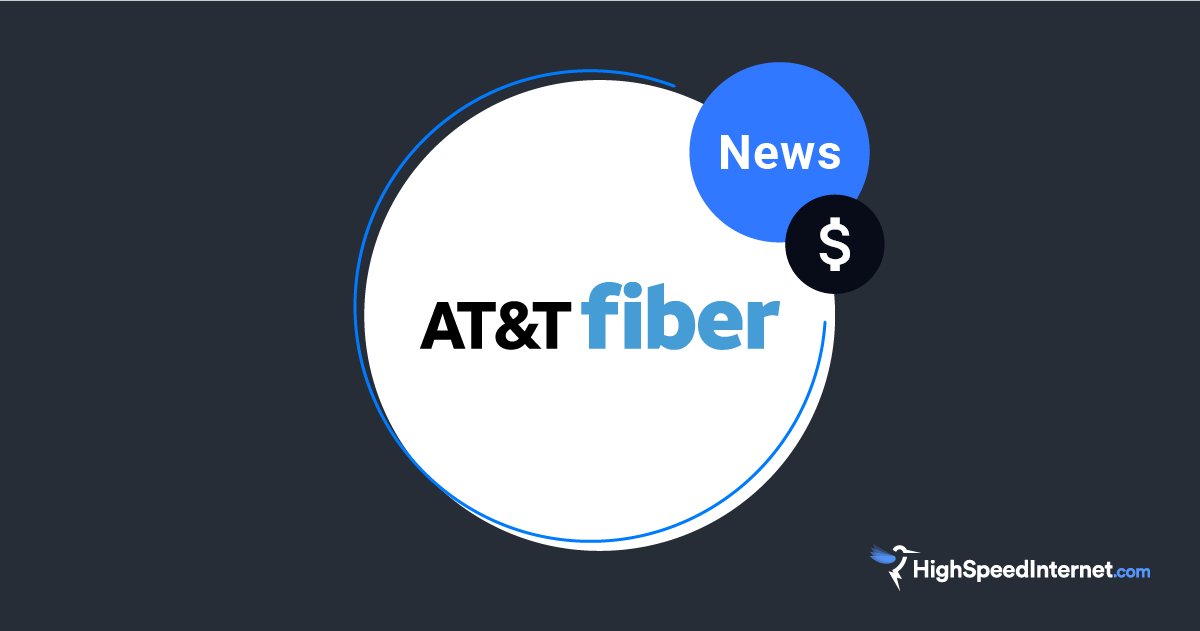Industry Groups Sue to Block Click-to-Cancel Rule
They’re REALLY sad to see you go
Oct 25, 2024 | Share
News
Last week, the Federal Trade Commission (FTC) announced a new rule that would make it easier to cancel unwanted subscriptions, preventing companies from complicating the process with unnecessary steps and requiring them to obtain clear, informed consent before signing you up. In response, several industry groups sued the FTC on October 23rd to stop this rule from going into effect.
Unwanted subscriptions are a goldmine for cable companies
The effort to stop the FTC’s new “Click-to-Cancel” rule is being led by the cable lobby group NCTA – The Internet & Television Association, formerly the National Cable & Telecommunications Association. The NCTA is joined by the Electronic Security Association, which represents companies that make security systems, and The Interactive Advertising Bureau, which represents firms that create online advertising. These groups are suing the FTC in the conservative 5th Circuit Court of Appeals, arguing that not all subscriptions are deceptive, that the FTC hasn’t provided enough evidence of deceptive subscriptions, and that imposing this rule on both good and bad subscriptions exceeds the FTC’s authority and is therefore unconstitutional.
This lawsuit is not unexpected, given that industries like internet providers, cable television, and security systems could lose a lot of money if subscribers could easily cancel when they no longer want these services. Their objections are also not new. Members of these groups were among those who complained about the rule during hearings earlier in the year, notably convincing the FTC to scrap part of the rule that would have prevented companies from trying to talk customers out of canceling unless they agreed to hear new perks and offers.
Although the FTC modified the final rule based on feedback during this process, it ultimately kept the most impactful part of the rule that allows subscribers to easily end their subscriptions online or over the phone.
A closely related lawsuit has also been filed against the FTC in the 6th circuit by the Michigan Press Association and National Federation of Independent Business.
What would the Click-to-Cancel rule do?
Click-to-Cancel is part of a broader Negative Option rule that applies to all programs that you have to actively cancel to avoid being repeatedly billed. This rule has four main parts:
- Prohibiting sellers from misrepresenting material facts
- Requiring sellers to clearly and conspicuously disclose material terms
- Requiring sellers to obtain consumers’ express informed consent
- Requiring sellers to provide a simple mechanism to cancel the program and immediately halt charges (the “Click-to-Cancel” rule)
The first three points overlap to some degree with existing laws on fraud and deceptive advertising but would bring these protections together in one place to make it easier to sue companies that engage in these practices.
The fourth point, the Click-to-Cancel Rule, would be the biggest change. It would mean that all subscription services would have to provide an easy way to end a subscription. If you sign up for a service online, you must be able to cancel online with the click of a button. If you signed up in person, the company must allow you to either cancel online or over the phone.
If a company violated any of these rules, it would be liable for redress and civil penalties. The company would also have to prove that it had clearly informed the customer of the terms of the subscription and would have to provide the court with proof of the subscriber’s informed consent.
The NCTA and other trade groups argue in their petition that these obligations are onerous and that it’s not fair to call these contracts “deceptive” just because they misrepresent facts or don’t get the informed consent of the subscriber before signing them up. Personally, I don’t think arguing in favor of corporations’ right to mislead their customers is a good look, but most people don’t closely follow FTC policy and I haven’t seen much discussion of this case reach the mainstream yet.
What does this mean for consumers?
The rule was to go into effect 180 days after being published in the federal register, but this court case could delay that, if not blocking the rule entirely and sending the FTC back to the drawing board. The lobbying groups are asking the courts to vacate the rule entirely, but it could be reintroduced in a modified version.
The FTC is empowered under 15 U.S. Code § 53 to make rules to regulate unfair and deceptive business practices, which gives them authority to pass rules like the Negative Option rule; however, several landmark court cases in recent years have undermined federal agencies’ ability to regulate the industries under their jurisdiction. As such, it’s not clear what the outcome of the appeal will be.
This means, for now at least, that consumers need to be extremely careful when signing up for new subscriptions, or be proactive in seeking out no-contract options for internet service and software. Be sure to avoid services with outrageous early termination fees, and make sure you know about any other fees or price hikes lurking in the fine print—which is easier for internet plans thanks to the introduction of broadband labels.
Additionally, it’s a good idea to take a look at your monthly expenses and eliminate unwanted services, even if companies make canceling as difficult as possible. In the event that you find yourself truly scammed by a company that refuses to let you cancel, you can contact your credit card company and have them halt payments, though it will generally only do this as a last resort once you’ve tried and failed to cancel your subscription through the normal channels.
Hopefully, we’ll still get some version of the click-to-cancel rule in the future, but for now, I’m not holding my breath.
Author - Peter Christiansen
Peter Christiansen writes about telecom policy, communications infrastructure, satellite internet, and rural connectivity for HighSpeedInternet.com. Peter holds a PhD in communication from the University of Utah and has been working in tech for over 15 years as a computer programmer, game developer, filmmaker, and writer. His writing has been praised by outlets like Wired, Digital Humanities Now, and the New Statesman.
Editor - Jessica Brooksby
Jessica loves bringing her passion for the written word and her love of tech into one space at HighSpeedInternet.com. She works with the team’s writers to revise strong, user-focused content so every reader can find the tech that works for them. Jessica has a bachelor’s degree in English from Utah Valley University and seven years of creative and editorial experience. Outside of work, she spends her time gaming, reading, painting, and buying an excessive amount of Legend of Zelda merchandise.



